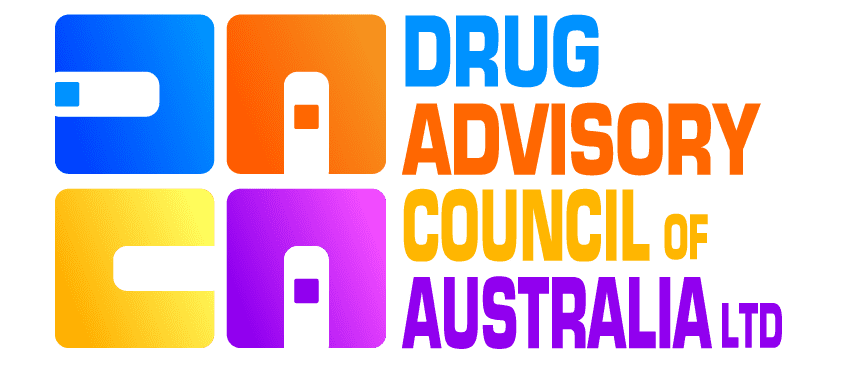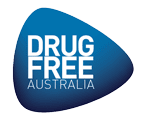Oppose medical cannabis
Those who want cannabis legalized are following overseas trends by having it first accepted for medical purposes to give cannabis credibility then they will pressure the government for its legalization.
Legalized cannabis will expand use and toxic effects
Cannabis is not a soft drug. As with legalized alcohol and nicotine, legalized cannabis will lead to an expansion of cannabis use with more illnesses and deaths just like alcohol and nicotine.
Cannabis is illegal precisely because of its known mind-altering, addictive and toxic effects.
An August 2001 study of 18 to 29 year olds by the NSW Bureau of Crime Statistics & Research, supports the conclusion that the illegality of cannabis discourages use. The Bureau found that keeping cannabis illegal stopped 91% of existing users from using more and was the reason why 19% of former users ceased using cannabis and also why 29% of those that have not used cannabis never tried it.
Cannabis is bad medicine
Smoked or ingested cannabis does not fit into the conventional method of using drugs in medicine. The chemical substance should be identified, its strength determined, its dosage worked out, its frequency of administration and its side effects identified, so that the patient can be fully informed about its pharmacology, its toxicology and its addictive properties.
You can’t do any of those things with the proposed use of smoked or ingested cannabis, obtained from cannabis plants with varying strengths of the active ingredients tetra hydrocannabinol (THC) and the multitude of other chemical substances in the plant. True clinical trials are not possible. Cannabis accumulates in the brain and reproductive organs. Cannabis is an addictive drug and causes cognitive dysfunction affecting self-awareness, memory, concentration, skills, behavior & personal relationships.
A series of three articles in the British Medical Journal recently concluded that the use of cannabis in the smoked or ingested form is not justified because better treatments are available.
Cannabis causes cancer
A Medical Journal of Australia article in April 1992 highlights cancer of the upper airways, tongue, lungs, head, neck, mouth, larynx, upper jaw and the respiratory tract as all being related to smoking cannabis. This fact alone is enough reason not to give a cancer causing agent to a patient with cancer.
Cannabis suppresses the human immune system
One risk with cannabis is the suppression of the human immune system. The Medical Journal article also highlights the experimental evidence of the immunodepressive effects of THC leading to cancer of the upper aerodigestive tract.
Cannabis damages other parts of the human body
The Medical Journal article also proved that the regular use of cannabis has adverse effects on the brain, heart and lungs. It also impairs learning, memory, perception and judgment. These impacts of cannabis indicate it is clinically unwise for it to be used as medicine.
Medicines must be subject to rigorous scientific scrutiny
Approval for drugs used for humans must be subject to rigorous scientific scrutiny. In the past this has not always been the case (e.g. thalidomide). In a small number of states in the USA and in some European countries cannabis as medicine has been legalized by a popular vote. We must not allow the undermining of the scientific process by a political process for the use of drugs in medicine.
Medical research must be clear when using dangerous drugs
All effects must be fully known especially for patients with chronic illnesses. Drugs prescribed by doctors are given to patients who may later recover or be maintained for a prolonged period in remission or of slow progression of a disease.
In an era of increasing legal cases against doctors for medical malpractice, medical practitioners need to be sure of every effect of a drug before it is prescribed.
Cannabis is getting more toxic
A 1993 report by the Australian Bureau of Criminal Intelligence indicates that cannabis available today is many times stronger than in the past. This new type of cannabis called “skunk” has been shown to contain as much as 30% of toxic THC. The more severe medical effects from the higher toxin levels means that cannabis should never be used for medical purposes.
Eating cannabis may put more toxic THC into the body
It is logical to suggest that eaten cannabis ensures the whole content of toxic THC is taken into the body through the digestive system. Smoked cannabis may allow for the loss of some of the toxins in the smoking process.
Non harmful alternatives are available
Prescribed medications, even opiates do have side effects. These side effects include severe nausea, vomiting, malaise, drowsiness, lack of appetite and weight loss. There are well tried drugs that are more effective and safer for every one of these conditions that have demonstrated their effectiveness in properly conducted clinical trials, as reported in British Medical Journal articles.
Suppression of demand for cannabis can be achieved.
Sweden has been able to reduce cannabis use for all age groups to 2% in 1998, compared to 10% for the Netherlands. When looking at 15 -16 year olds, regular cannabis use is only 7% in Sweden compared to 31% in the Netherlands. Sweden has a restrictive policy against cannabis compared to the Netherlands that has legalized its use.
Prohibition of dangerous activities does work
Prohibiting an activity because of its known risk of harm is a very normal and rational policy. For example, blood alcohol driving limits; refusing blood donation for high risk people; violent movies for children; sexual activity for children; using known toxic drugs; non authorized access to medically prescribed drugs and non authorized access to military weapons are all working.
Cannabis supply out of control
Our current laws are designed to stop the cultivation and supply of a dangerous drug. In South Australia, private people are allowed to grow their own cannabis plants. The South Australian authorities have no idea how many plants there are or what they are used for. However, police have become concerned about the level of cultivation in that state. There is simply no control over what cannabis is used for.
Do no harm
In public policy, if in doubt don’t proceed. The known information on the wide ranging toxic effects of cannabis, the prospect of great harm from the effects of an expanded use of cannabis and the availability of alternatives from current legal sources send a very clear message. We don’t need cannabis as a legal drug in the practice of medicine.




